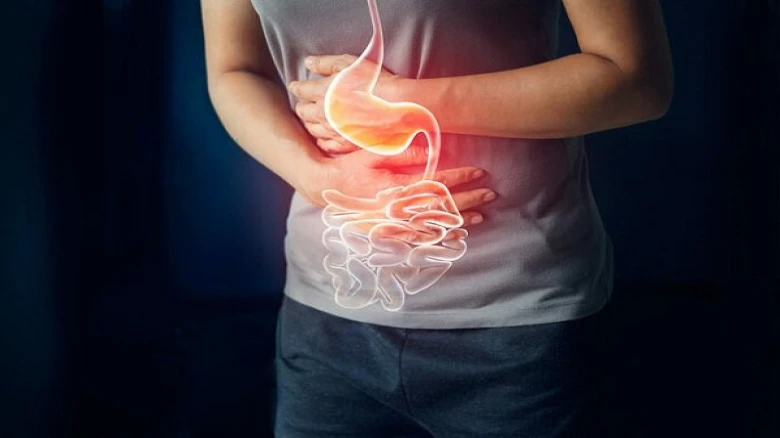Overeating can place too much pressure on your stomach, resulting in burning and discomfort.
Digital Desk: It might be extremely distressing to experience the uncomfortable burning in your stomach after eating. At some point in life, most people have experienced like this. Even while the odd stomach ache is common, persistent or intense burning should be taken seriously. This article will discuss a few typical causes of post-meal stomach aches.
Acid Reflux
Acid reflux, also known as gastroesophageal reflux disease (GERD), is one of the main causes of post-meal stomach burns. Heartburn is the term used to describe the burning feeling that occurs when the lower esophageal sphincter (LES) weakens or relaxes unnaturally, allowing stomach acid to flow back into the esophagus. This ache frequently gets worse after eating, especially if you've eaten anything acidic or spicy, had any caffeine, or had any alcohol.
Overeating
Overeating can place too much pressure on your stomach, resulting in burning and discomfort. When you overeat, your stomach may expand, forcing stomach acids up against the LES and raising your risk of acid reflux. Portion control techniques and more frequent, smaller meals can help to solve this problem.
Irritable or spicy foods
Chilli peppers, garlic, and onions are just a few spicy foods and components that can be hard on the stomach lining and cause burning. These foods may aggravate acid reflux and irritate the stomach. If you frequently have stomach burns after meals, you might want to cut back on your intake of irritable and spicy foods.
Food Allergies and Sensitivities
Due to food allergies or sensitivities, some people may suffer burning and pain in their stomachs. Dairy products, gluten, and specific artificial additives are frequent offenders. Consult a healthcare provider for testing and dietary advice if you believe that your symptoms are being caused by food allergies or sensitivities.
Ulcers
After eating, peptic ulcers, which can form in the stomach or the duodenum (the upper part of the small intestine), can make you feel burning. These ulcers develop as a result of the digestive tract's protective lining eroding, exposing delicate tissues to stomach acid. Consult a doctor for a diagnosis and treatment if you think you might have an ulcer.

Leave A Comment